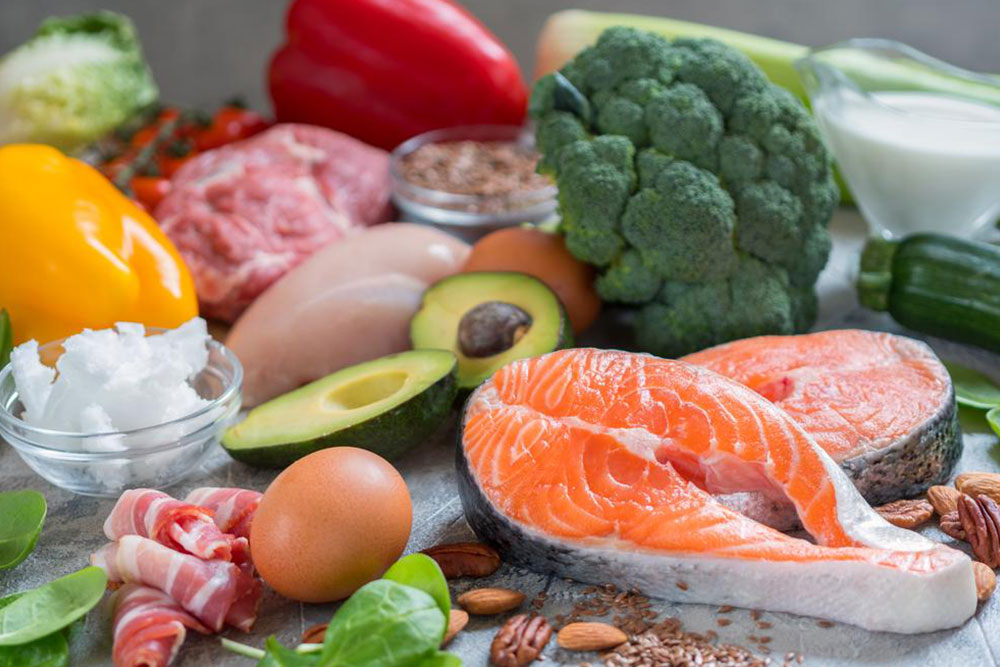Smart Dietary Strategies to Alleviate Migraine Symptoms
Discover effective dietary strategies to reduce migraine episodes. Emphasizing fresh produce, balanced meals, hydration, and avoiding triggers like processed foods, alcohol, and excess caffeine can help in managing migraines. Incorporate magnesium-rich options and bland foods to soothe symptoms and improve wellbeing. Always seek professional advice for personalized care.

Dietary Tips to Manage Migraine:
Consume a variety of fruits and vegetables: Fresh produce in multiple colors provides essential nutrients that support overall health. Opt for natural, unprocessed foods without artificial additives to reduce migraine risk. While most fruits are beneficial, it’s best to avoid citrus fruits, which can sometimes trigger migraines. Natural sweeteners such as vanilla extract and maple syrup can also be helpful.
Choose fresh meats: Fresh chicken, fish, or red meats are suitable for migraine sufferers, especially those rich in vitamin B2 like salmon, which may help alleviate headache pain. Processed meats with preservatives and excess salt should be avoided, as they can trigger migraines.
Eat smaller, frequent meals: Regular small meals prevent hunger-induced migraines. Consuming nutrient-dense foods throughout the day keeps energy levels steady and reduces headache episodes.
Maintain adequate hydration: Drinking 8-10 glasses of water daily supports bodily functions and can help lessen migraine severity.
Incorporate magnesium-rich foods like brown rice: Brown rice aids in blood sugar regulation and helps reduce migraine frequency due to its high magnesium content.
Opt for bland, soothing foods: Spicy foods may worsen migraines, whereas bland meals promote digestion and reduce nausea associated with headaches.
Foods and habits to avoid:
Limit cultured dairy products: Items like cheese and yogurt contain tyramine, a compound that can trigger migraines in sensitive individuals.
Reduce alcohol intake: Alcohol, especially red wine, can cause dehydration and expand blood vessels, aggravating migraines due to its high histamine and sulfite content.
Limit caffeine consumption: Keeping caffeine intake under 200mg daily is advisable, as excessive caffeine can intensify migraines. Although caffeine is present in some medications, overuse may negate its benefits.
Disclaimer: The insights provided aim to support migraine management via diet, but are not medical advice. Always consult healthcare professionals for personalized treatment. Our content is for informational purposes only and may not cover all individual health factors.









